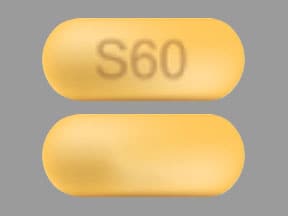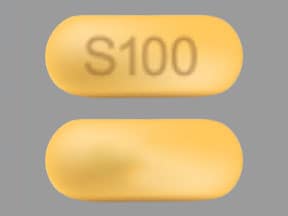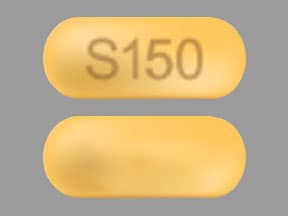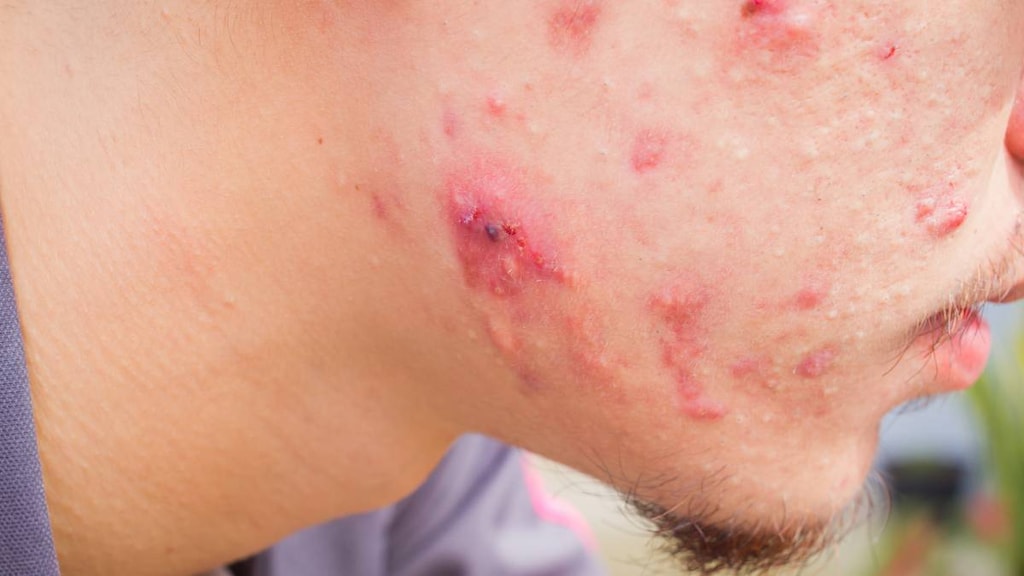What is Seysara used for?
- Seysara is used to treat pimples (acne).
Before taking Seysara, tell your doctor:
- If you are allergic to Seysara; any part of this medicine; or any other drugs, foods, or substances. Tell your doctor about the allergy and what signs you had.
- If you are trying to father a child.
- If you are taking any of these drugs: Acitretin, isotretinoin, or a penicillin.
- If you are pregnant or may be pregnant. Do not take Seysara if you are pregnant.
- If you are breast-feeding. Do not breast-feed while you take Seysara.
This is not a list of all drugs or health problems that interact with this medicine.
Tell your doctor and pharmacist about all of your drugs (prescription or OTC, natural products, vitamins) and health problems. You must check to make sure that it is safe for you to take Seysara with all of your drugs and health problems. Do not start, stop, or change the dose of any drug without checking with your doctor.
What are some things I need to know or do while I take Seysara?
- Tell all of your health care providers that you take Seysara. This includes your doctors, nurses, pharmacists, and dentists.
- Avoid driving and doing other tasks or actions that call for you to be alert until you see how Seysara affects you.
- Do not use longer than you have been told. A second infection may happen.
- You may get sunburned more easily. Avoid sun, sunlamps, and tanning beds. Use sunscreen and wear clothing and eyewear that protects you from the sun.
- This medicine may cause a change in tooth color to yellow-gray-brown in children younger than 8 years old. If this change of tooth color happens, it will not go away. Talk with the doctor.
- Do not give to a child younger than 8 years of age.
- This medicine may cause harm to the unborn baby if you take it while you are pregnant. If you are pregnant or you get pregnant while taking Seysara, call your doctor right away.
How is Seysara best taken?
Use Seysara as ordered by your doctor. Read all information given to you. Follow all instructions closely.
- Take with or without food.
- Take each dose with lots of fluids to make sure you swallow all of the contents.
- Keep taking Seysara as you have been told by your doctor or other health care provider, even if you feel well.
- Do not eat or drink dairy products or take calcium at the same time as Seysara. They may make Seysara not work as well. If you have questions, talk with your doctor or pharmacist.
- Do not take antacids, bismuth subsalicylate, multivitamins, or other products that contain aluminum, calcium, iron, or magnesium at the same time as Seysara. Talk with your doctor or pharmacist about when you can take any of these products while taking Seysara.
What do I do if I miss a dose?
- Take a missed dose as soon as you think about it.
- If it is close to the time for your next dose, skip the missed dose and go back to your normal time.
- Do not take 2 doses at the same time or extra doses.
What are the side effects of Seysara that I need to call my doctor about immediately?
WARNING/CAUTION: Even though it may be rare, some people may have very bad and sometimes deadly side effects when taking a drug. Tell your doctor or get medical help right away if you have any of the following signs or symptoms that may be related to a very bad side effect:
- Signs of an allergic reaction, like rash; hives; itching; red, swollen, blistered, or peeling skin with or without fever; wheezing; tightness in the chest or throat; trouble breathing, swallowing, or talking; unusual hoarseness; or swelling of the mouth, face, lips, tongue, or throat.
- Sunburn.
- Very bad dizziness or passing out.
- Diarrhea is common with antibiotics. Rarely, a severe form called C diff–associated diarrhea (CDAD) may happen. Sometimes, this has led to a deadly bowel problem (colitis). CDAD may happen during or a few months after taking antibiotics. Call your doctor right away if you have stomach pain, cramps, or very loose, watery, or bloody stools. Check with your doctor before treating diarrhea.
- Raised pressure in the brain has happened with drugs like this one. Most of the time, this went back to normal after the drug was stopped. Sometimes, loss of eyesight happened and did not go away even after the drug was stopped. Call your doctor right away if you have a headache or eyesight problems like blurred eyesight, seeing double, or loss of eyesight.
What are some other side effects of Seysara?
All drugs may cause side effects. However, many people have no side effects or only have minor side effects. Call your doctor or get medical help if any of these side effects or any other side effects bother you or do not go away:
- Upset stomach.
- Diarrhea.
These are not all of the side effects that may occur. If you have questions about side effects, call your doctor. Call your doctor for medical advice about side effects.
You may report side effects to the FDA at 1-800-332-1088. You may also report side effects at https://www.fda.gov/medwatch.
If overdose is suspected:
If you think there has been an overdose, call your poison control center or get medical care right away. Be ready to tell or show what was taken, how much, and when it happened.
Seysara Images
How do I store and/or throw out Seysara?
- Store at room temperature.
- Protect from heat.
- Store in a dry place. Do not store in a bathroom.
- Keep all drugs in a safe place. Keep all drugs out of the reach of children and pets.
- Throw away unused or expired drugs. Do not flush down a toilet or pour down a drain unless you are told to do so. Check with your pharmacist if you have questions about the best way to throw out drugs. There may be drug take-back programs in your area.
Consumer information use and disclaimer
- If your symptoms or health problems do not get better or if they become worse, call your doctor.
- Do not share your drugs with others and do not take anyone else's drugs.
- Some drugs may have another patient information leaflet. Check with your pharmacist. If you have any questions about Seysara, please talk with your doctor, nurse, pharmacist, or other health care provider.
- If you think there has been an overdose, call your poison control center or get medical care right away. Be ready to tell or show what was taken, how much, and when it happened.
This information should not be used to decide whether or not to take Seysara or any other medicine. Only the healthcare provider has the knowledge and training to decide which medicines are right for a specific patient. This information does not endorse any medicine as safe, effective, or approved for treating any patient or health condition. This is only a brief summary of general information about this medicine. It does NOT include all information about the possible uses, directions, warnings, precautions, interactions, adverse effects, or risks that may apply to Seysara. This information is not specific medical advice and does not replace information you receive from the healthcare provider. You must talk with the healthcare provider for complete information about the risks and benefits of using this medicine.







